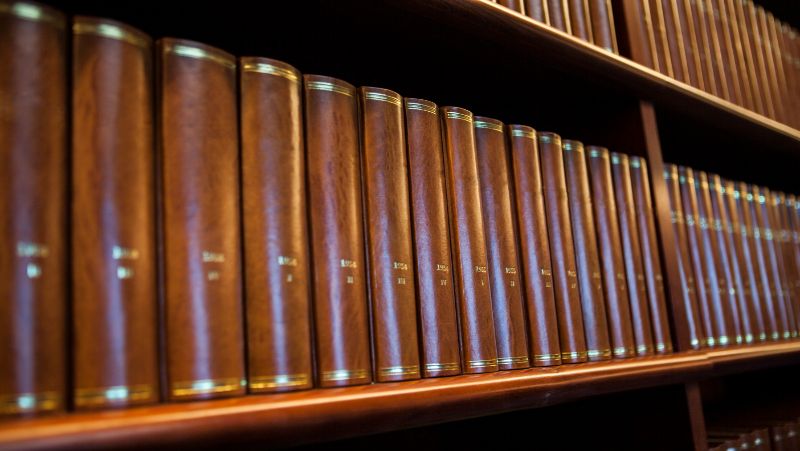Monitoring the implementation of degrees (MONITOR)
Royal Decree 822/2021, of 28 September, which establishes the organisation of university education and the procedure for quality assurance, establishes in Chapter V the different quality assurance procedures that the different official university education programmes or their accredited centres must undergo.


In the case of the monitoring of degrees, the aforementioned legislation distinguishes between those degrees that are taught at:
- Institutionally accredited university centres; in which the monitoring of official university degrees will be carried out within the scope of the monitoring of the institutional accreditation of the centre, in accordance with the provisions of Royal Decree 640/2021, of 27 July, on the creation, recognition and authorisation of universities and university centres, and institutional accreditation of university centres.
- University centres that are not institutionally accredited; where monitoring will be carried out by the centres through the bodies established in the university's regulations. To this end, in accordance with ANECA's guidelines and with what is reflected in the external evaluation reports, the universities will draw up a monitoring report, which is mandatory three years after the effective implementation or renewal of accreditation.
These reports will be sent to ANECA for assessment, in accordance with its evaluation protocols.
The purpose of these reports is to monitor the effective progression of the degree, with the aim of assessing compliance with the fundamental academic criteria and approaches set out in the degree's verified report, as well as detecting improvements that may be introduced in modification procedures.
The reports must include the actions implemented as a result of the requirements and recommendations made in the procedures for the verification and renewal of the accreditation of the degree and will show the transparency of the information and indicators that demonstrate the academic results of the degree, detect possible areas for improvement and identify good practices in the monitoring and continuous improvement of university studies.
In the event that the quality agency detects serious breaches of the commitments made in the doctoral programme report, it will notify the institutional governing bodies of the centre and the university of these facts, and will inform the Autonomous Community, so that the appropriate measures can be taken to safeguard the educational interests of the students, which may lead to the termination of the degree.
Process general guidelines
ANECA annually informs the universities which it is monitoring which degrees are to undergo this process.
For each of the degrees involved in the monitoring process each year, the universities provide all the information required in the Information Collection Form, hosted in a computer application set up for this purpose.
Once this information has been provided, ANECA assigns the degrees to the assessors of the MONITOR procedure. Once the degrees have been assessed, ANECA reviews the coherence of the evaluations per university and draws up the monitoring reports, one per degree, and sends them to the universities and the corresponding Autonomous Communities.
Finally, ANECA publishes the monitoring reports on its website.


